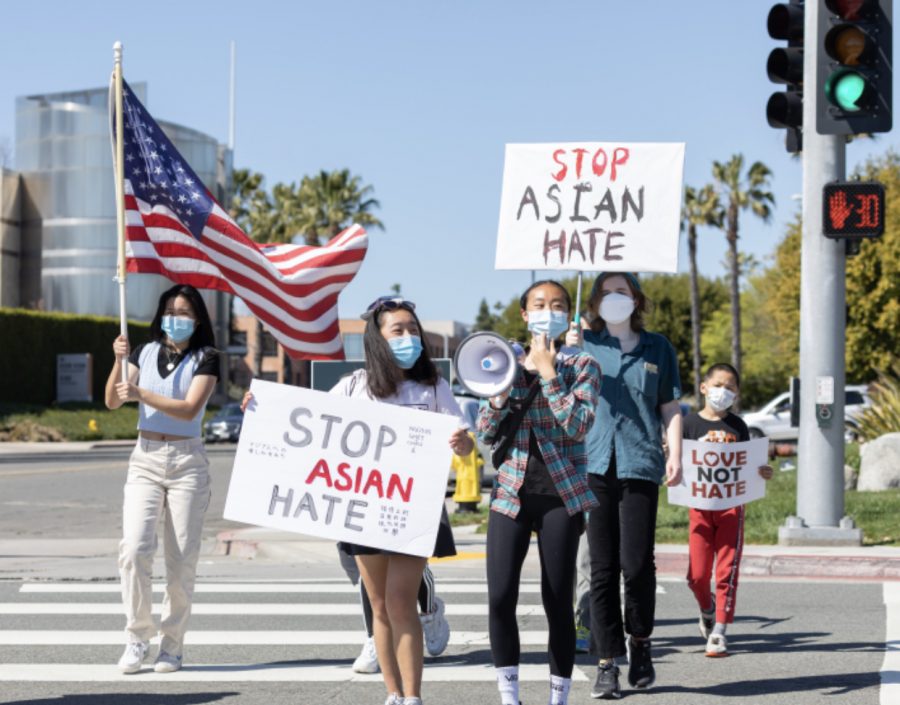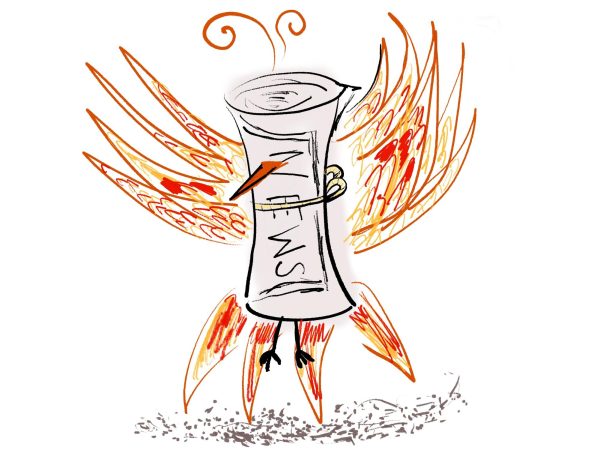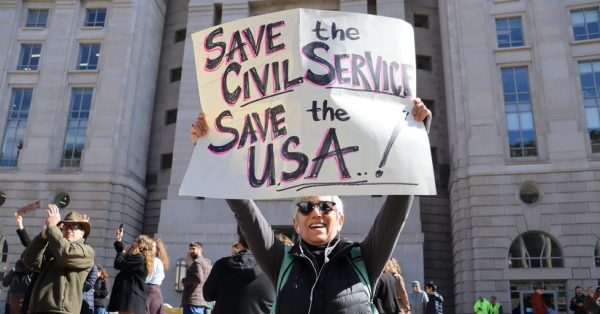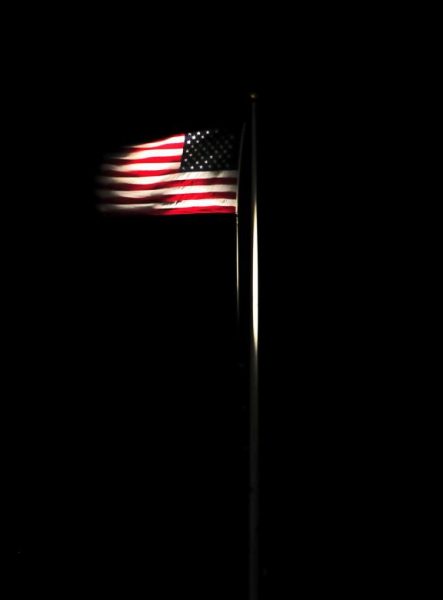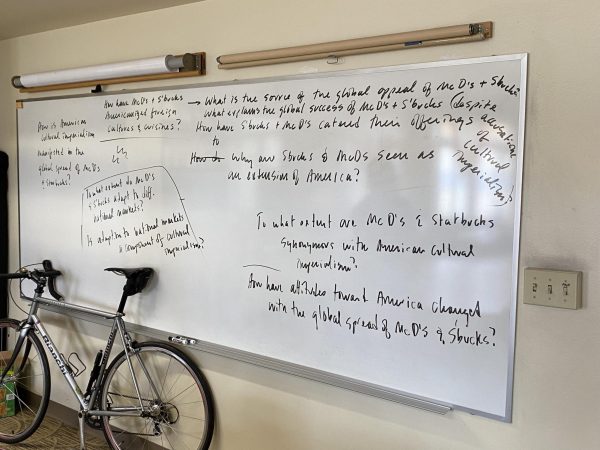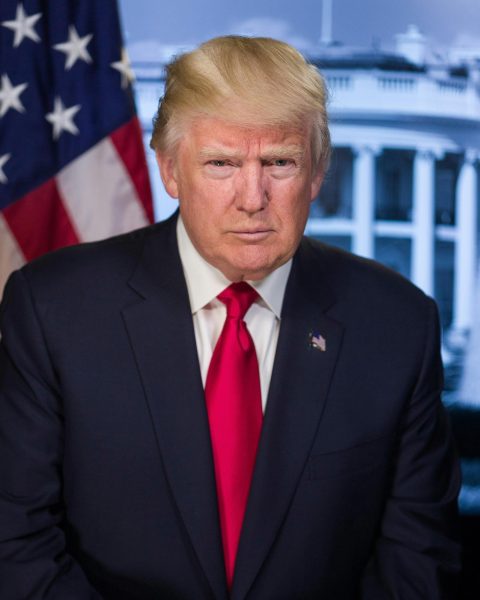Why Are We Still Surprised?
An examination of Asian racism spurred by the pandemic and what it means to the AAPI community
There is often this shared outlook on how racism against Asian Americans goes unspoken and unchallenged because of the stereotypes that portray Asian Americans as individuals who don’t need protection from abuse—or who don’t deserve it.
On January 27, an Asian woman was kicked while commuting with her son in Portland, Oregon. On January 28, an 84-year-old Thai man was pushed down and murdered while just going for a walk in San Francisco, California. On January 31, a 91-year-old man was shoved onto the ground in Oakland’s Chinatown. And on February 3, a 61-year-old Filipino man’s face was slashed from ear to ear in New York City.
Fears of COVID-19, mingled with widespread misinformation have placed Asian Americans at the center of an unprecedented national crisis. Since the start of the COVID-19 pandemic last year, anti-Asian hate crimes have spiked by almost 150% across major U.S. cities, according to VOA News. On January 26, President Joe Biden had signed a memorandum denouncing discrimination directed at the Asian American and Pacific Islander (AAPI) community that has risen during the pandemic, but the following days after the signing showed how much more progress is needed.
“My grandma lives in her own apartment, but she can’t even go outside on her own and she even carries a baseball bat in case of self-defense,” Grace Sun (‘23) disclosed. “I find it shocking that we have to push ourselves to these types of drastic measures. I dislike how we have to protect ourselves even in America where we are supposed to feel protected and represented.”
While anti-Asian movements within the United States are definitely not new, nor are they a thing of the past, hate-fueled acts against this community are often met with quick denials and downplays. These crimes rarely hit mainstream media. Crimes targeting Asian Americans spiked by 150 percent in major United States cities, but according to the Washington Post, “experts said the statistics were woefully inadequate because too few local law enforcement agencies fully participate in federal data collection efforts.”
Furthermore, even East-Asian holidays are discriminated against and used as a launchpad to incite more racist sentiments. One prominent example is surrounding the Chinese New Year (or Lunar New Year) celebration, the festival that celebrates the beginning of a new year on the traditional lunisolar Chinese calendar. On February 12, Prime Minister Boris Johnson of the United Kingdom posted a simple video sending Chinese New Year greetings through Facebook. The general British public reacted with disgusting comments connecting this culturally-rich tradition through utter ignorance with COVID-19. Users criticized Johnson in his greetings due to what they think Chinese people have “done to the whole world,” even going so far as to voice their ill-conceived hopes onto East Asian communities.
“Because Chinese New Year is always such a time of self-reflection for me, it is really terrifying to see the rise of anti-Asian sentiment concurrently,” explained Katelyn Wang (‘23). “I find extreme difficulty in appreciating and learning more about my own culture when others are degrading it.” To obey quarantine rules and minimal celebratory methods within the same households, people celebrating this tradition are confined to their own homes. “Chinese New Year more than anything means celebrating my culture and spending time with family, especially in the pandemic where we aren’t allowed to go outside too much,” Shirley Xu (‘23) said. Because they are unable to celebrate with their friends and family like in previous years, this simple greeting from Johnson makes a big difference in this hard time.
“Why do people think that Asian people are the cause of their problems? I felt like I was marginalized and scapegoated due to my ethnicity, and because of that, I had to be more cautious of hate crimes that were becoming more and more personal,” Grace shared. “Hearing these countless cases of hate towards a community that I personally identify as a part of is definitely shocking, and disgusting,” Shirley added. These vicious comments reflect the pernicious intentions to generalize, scapegoat, and ostracize through the ignorant claim of a link between a critical piece of Chinese culture to why societies like the British public are currently in lockdown after numerous months of insufficient action.
The xenophobic attitudes that have spread from comments like these have resulted in thousands of attacks on Asian American communities, which have largely gone without proper attention and consequences. Although a large number of these crimes have substantial evidence such as video footage to back them up, many victims are facing trouble talking about the racism they face due to the jokes and the model minority myth that has been perpetuated about them for decades. “Over the years, I’ve garnered a fair share of racism,” revealed Shea Rueda (‘23). “Frequently, someone stretches their eyes out and pretends to speak chinese even though I’m Filipino… I don’t know if it’s because they think I’m a model minority and is too scared of them to fight back, or if I just think it’s a funny joke, which is ridiculous.”
Examining the AAPI community’s recounts, it is clear that the model minority myth is entirely based on stereotypes. It promotes a narrative that characterizes Asian Americans as a proper, law-abiding group who have achieved a higher level of success than the general population through some combination of innate talent and immigrant striving. “The truth is that the ‘Model Minority title has been used as a silencer,” Katelyn expressed, “Because Asian Americans are deemed to be better off themselves, no one is willing to listen. Personally, I have received the notion that we are supposed to be quiet and timid, compliant. Speaking out would be unusual.” And according to the University of Southern California (USC) Pacific Asia Museum: “Despite its positive overtones, this stereotype is damaging for Asian Americans and other students of color. The model minority myth pits students of color against each other and ignores the reality of systemic racism that Asian Americans continue to encounter.”
Being anti-racist includes acknowledging the Asian experience. For far too long, Asian Americans have been told that they are the model minority and that they have a “proximity” to whiteness. This not only fosters stereotypes but also pushes a dangerous excuse that suggests violence against Asian bodies isn’t considered racist enough. “Sometimes it feels like racism towards us is so normalized in our society that it’s become a joke at this point,” Shea said. “There have been no repercussions for any racism towards us.”
This viewpoint is further echoed as violence erupted again on March 16. The Tuesday of a seemingly normal, sunny week.
Metro Atlanta was gripped by shock and outrage on Wednesday, the day after a series of mass shootings at three separate massage parlors, where eight individuals were killed, six of whom were women of Asian descent. The insensitivity and lack of care were further highlighted as Cherokee County Sheriff’s Office spokesman Capt. Jay Baker asserted that the perpetrator had “a really bad day” and “this is what he did,” downplaying the severity of the terrorist incident, wrongly humanizing a killer as the victims’ blood ran cold.
“Is this really an appropriate statement for ‘authorities’ to give out? I understand he is hesitant to label it so quickly as a hate crime but isn’t sticking to the facts better than a statement like this?” Jocelyn Ding (‘22) questioned. “I feel like the Asian community has always opted to say silent… maybe because we were raised like this or we struggle with the fear of speaking out.” Though the police claim that the shooter, Robert Aaron Long, told authorities his actions were motivated by sex addiction, many say it’s hard not to see racism inextricably tied to the killings as the trends of recent violent crimes and numbers suggest. Mayor Keisha Lance Bottoms of Atlanta said that regardless of the determination about motive, the tragedy was clear. “Whatever the motivation was for this guy, we know that the majority of the victims were Asian,” Ms. Bottoms said. “We also know that this is an issue that is happening across the country. It is unacceptable, it is hateful and it has to stop.”
Who will march for Asian Americans after the killings in Atlanta? Who can make sure that the future of the AAPI community will not involve blood-shedding at the hands of an ignorant society?
You can support the AAPI community in many ways. There are always opportunities around you; there are quite a few organizations that you can donate to that support the AAPI community, including organizations that provide food for individuals, support Asian-owned restaurant businesses, and offer mental health support to those who may need it following the rise in hate crimes. Furthermore, use your voice. Educate others and keep spreading awareness. Shea explains one way, saying, “We are heavily underrepresented in our government because very little AAPI vote in our elections. If we support candidates that will help us, it makes our struggle a priority for all candidates to address.”
Read the Tower’s follow-up coverage here.
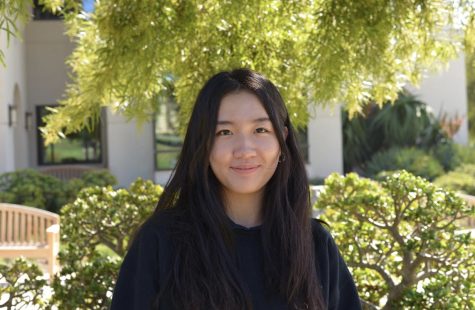
Crystal Li joined The Tower in her freshman year when she moved from Shanghai to San Diego in 2019. Now a senior, she fondly looks back on the four-year...


